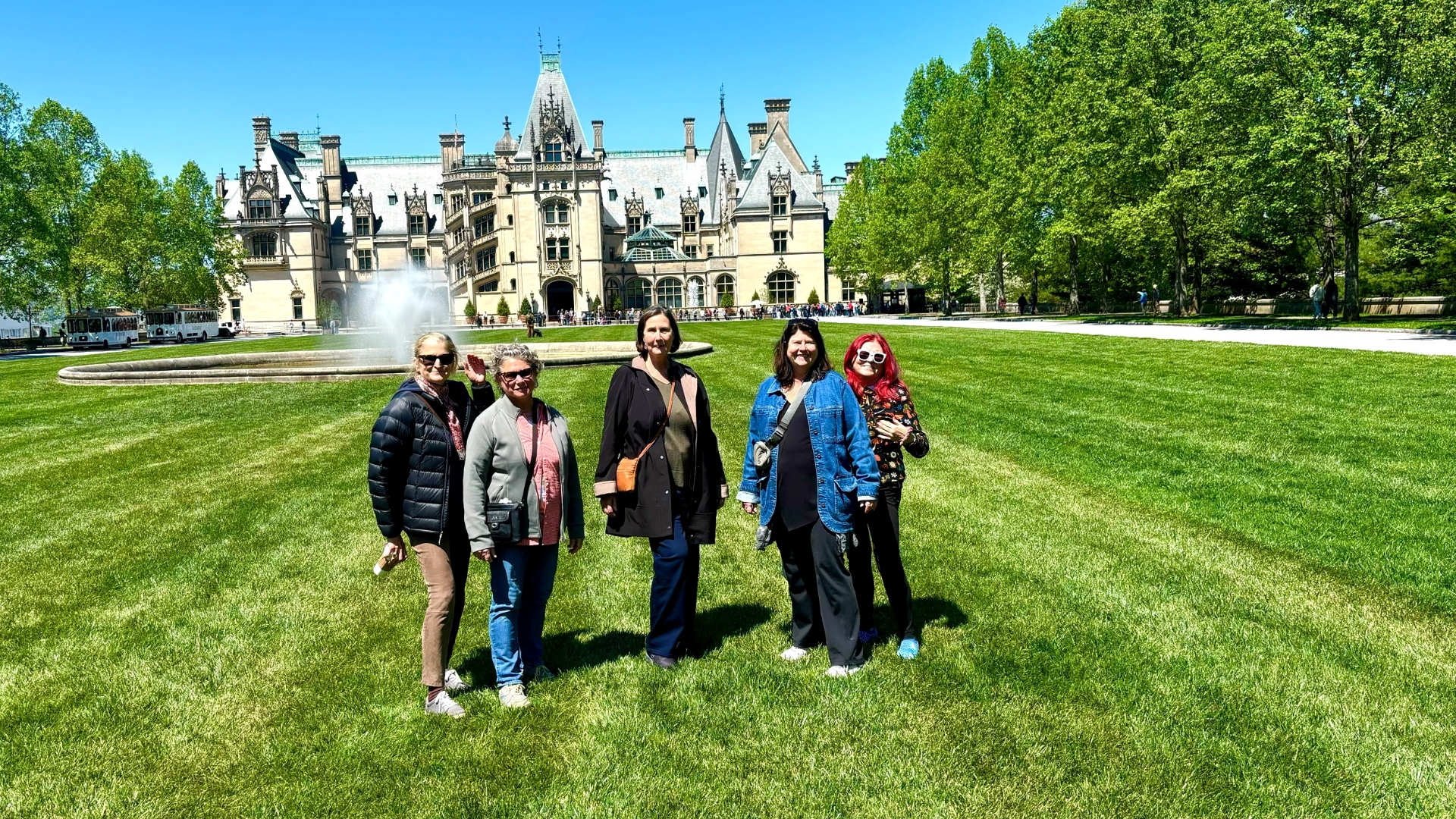We don’t need to tell you that the majority of Alzheimer’s diagnoses are among women. You probably already know that … and worry about it. The question has long been, why are the two-thirds of almost six million Americans living with the disease women?
Now, there are some clues. At the recent Alzheimer’s Association International Conference, research and some clues about this sad statistic were shared. It’s not just a matter of women living longer and therefore having more time to develop dementia. Rather, new evidence suggests there are biological differences that make women more prone.
Read More: Another Form of Dementia—Maybe It’s Not Alzheimer’s
What the Research Says

Women may have a superior ability to mask early-stage dementia. Image: Alzheimer’s Association/Instagram
Research conducted at Vanderbilt University Medical Center looked at tau protein, a toxic component that creates “tangles” in the brain that cause cells to die. This protein is considered to be a signature of Alzheimer’s, and the study showed that tau protein may be spread more widely through the brain in women than in men.
At the University of California at San Diego School of Medicine, researchers found that women may be diagnosed with Alzheimer’s later than men because females typically score better on what are known as verbal memory tests—recalling words and lists. So let’s say women typical score a 10 and men score an 8 on such tests. If a male lost two points in cognitive function, the deficit would be noticeable more quickly than if a female dropped a couple of points. This superior ability among women may “mask” early-stage dementia. In addition, women were found to use glucose in their bodies more effectively, which suggests they can better compensate for cognitive losses than their male counterparts, again hiding the disease from detection for longer.
Other research pointing to gender differences was also shared at the conference. While there are no treatments or cures, the fact that scientists are working hard to understand why women seem to be stricken so often is encouraging. According to Maria Carrillo, who is the Alzheimer’s Association chief science officer, the research “gets us one step closer to answering that question on why Alzheimer’s is different in men and women.”
Read More: What My Mother Remembers—A Daughter’s Dementia Diary





















0 Comments